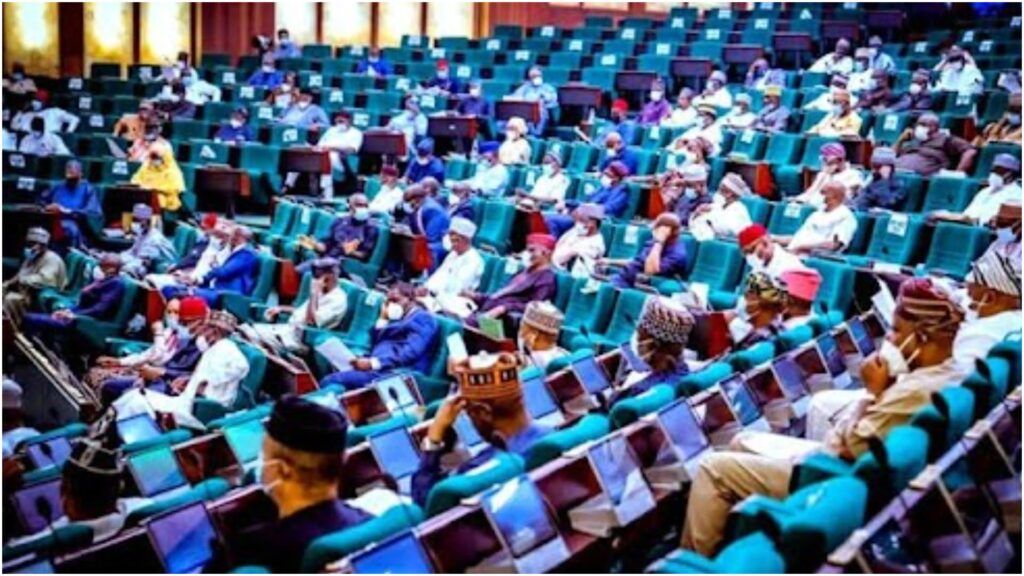The House of Representatives Committee on Petroleum Resources (Upstream) and the Special Committee on Crude Oil Theft are set to jointly introduce five legislative bills aimed at tackling critical issues plaguing Nigeria’s oil and gas sector.
Chairman of both committees, Alhassan Ado Doguwa, disclosed this during a joint meeting held on Tuesday, describing the initiative as a major legislative intervention to bolster national efforts in safeguarding oil assets and curbing crude oil theft.
According to Doguwa, one of the proposed bills seeks to establish a National Commission vested with the powers to prevent and prosecute pipeline vandalism and other oil-related crimes.
“The committees and indeed the entire House are deeply concerned about the rising insecurity and criminal activities around oil-producing areas. This intervention is our legislative response to complement ongoing government efforts in protecting these critical national assets,” Doguwa stated.
He noted the overlapping focus of the two committees—Petroleum Resources (Upstream) and the Special Committee on Crude Oil Theft—which both address issues concerning crude oil production and export.
“These two committees essentially deal with the same core issue: crude oil. While one is focused on the theft and security dimensions, the other oversees drilling and export operations. That’s why we’ve decided to collaborate on these legislative proposals,” he added.
Doguwa revealed that one of the key bills under the Petroleum Resources (Upstream) Committee is being sponsored by the Speaker of the House and aims to create a Commission to oversee the decommissioning of oil assets—a contentious issue among host communities and industry stakeholders.
“The decommissioning process is a major policy priority of the current administration, but there are significant gaps in oversight. The Speaker and House leadership are backing this legislation to ensure statutory authority and accountability, while protecting the interests of host communities,” he said.
He explained that although each of the five bills will be sponsored by different committee members, they will be presented collectively as a committee-driven effort, reflecting a unified legislative approach.
“These bills will bear the names of different committee members, but they are not individual projects. They reflect our shared commitment to reforming the sector and meeting the expectations of the leadership, government, and Nigerian citizens,” Doguwa concluded.















